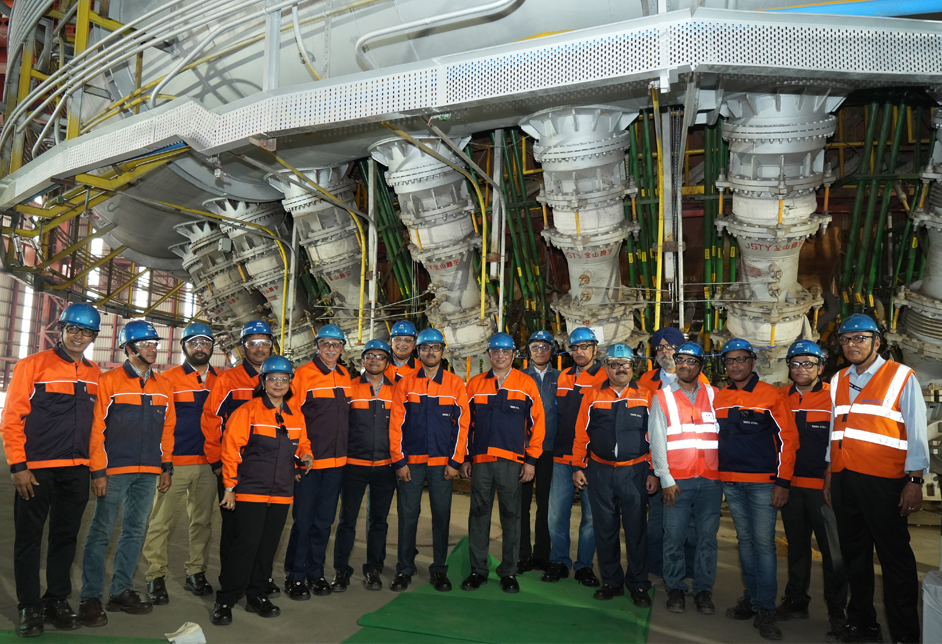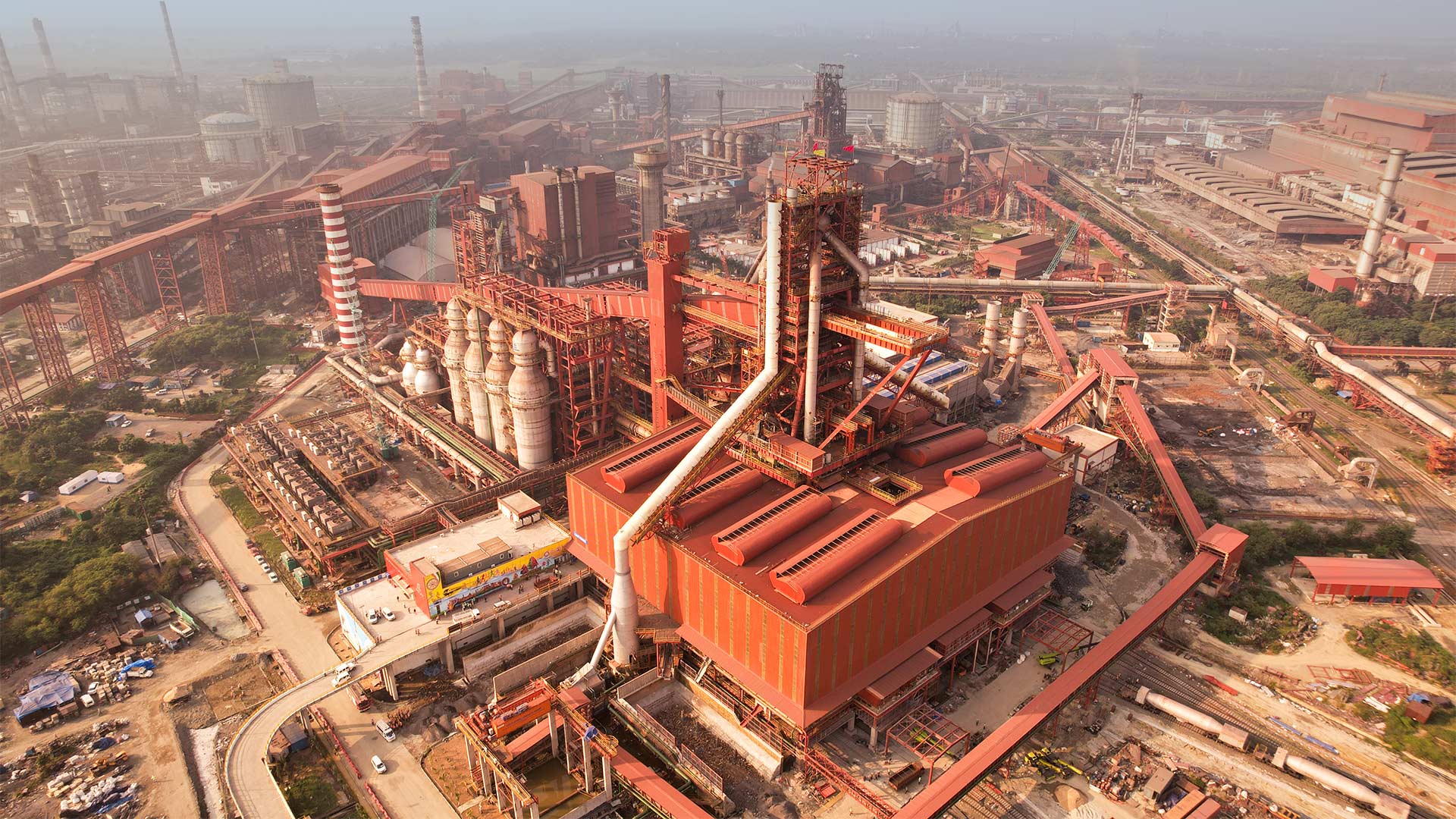September 2024 | Tata Steel
On September 20, Tata Steel commissioned India’s largest blast furnace at Kalinganagar, Odisha. With a total investment of Rs 27,000 crore, the Phase II expansion at Kalinganagar will take the total capacity at the site from 3 million tonnes per annum (MTPA) to 8 MTPA.
The new blast furnace will significantly boost the plant's overall production capabilities, allowing Tata Steel to meet the growing demands of various industries, including automotive, infrastructure, power, shipbuilding, and defence. It will also provide advantages in specific areas like oil & gas, lifting & excavation, and construction.
With the Phase II expansion, Odisha has emerged as the largest investment destination in India for Tata Steel, with a total cumulated investment of over Rs 100,000 crore in the last 10 years.
“The commissioning of India’s largest blast furnace at Kalinganagar is a momentous occasion for the steel industry, setting new benchmarks in capacity, technology, and sustainability." – TV Narendran, CEO and Managing Director, Tata Steel

"A key enabler of socio-economic development in the region, the expansion not only strengthens Tata Steel's position as a leader in high-end, value-added steel segments but also showcases our advanced engineering prowess.” - TV Narendran
Highlights of the expansion
- Crude steel capacity at Kalinganagar to expand from 3 MTPA to 8 MTPA
- The new blast furnace has a volume of 5,870 m3, and is equipped with state-of-the-art features for long campaign life and an eco-friendly design
- The blast furnace will utilise four top combustion stoves, a first in India, along with two preheating stoves for optimum specific fuel consumption in hot metal production.
- In a first for Tata Steel, a dry gas cleaning plant has been installed to maximise energy recovery from by-product gas.
- The world’s largest Top Gas Recovery Turbine (TRT) of 35 MW power generation capacity will help with the recovery of an additional 10% of energy.
- An evaporative cooling system is being employed for the first time in an Indian blast furnace, optimising space footprint while lowering specific water and power consumption by approximately 20% compared to conventional designs.
- The blast furnace will also have a zero-process water discharge plan with rainwater harvesting.
- The expansion includes a Pellet Plant, Coke Plant, and Cold Rolling Mill, each incorporating advanced technologies and sustainable practices.
Read the full press release on tatasteel.com













